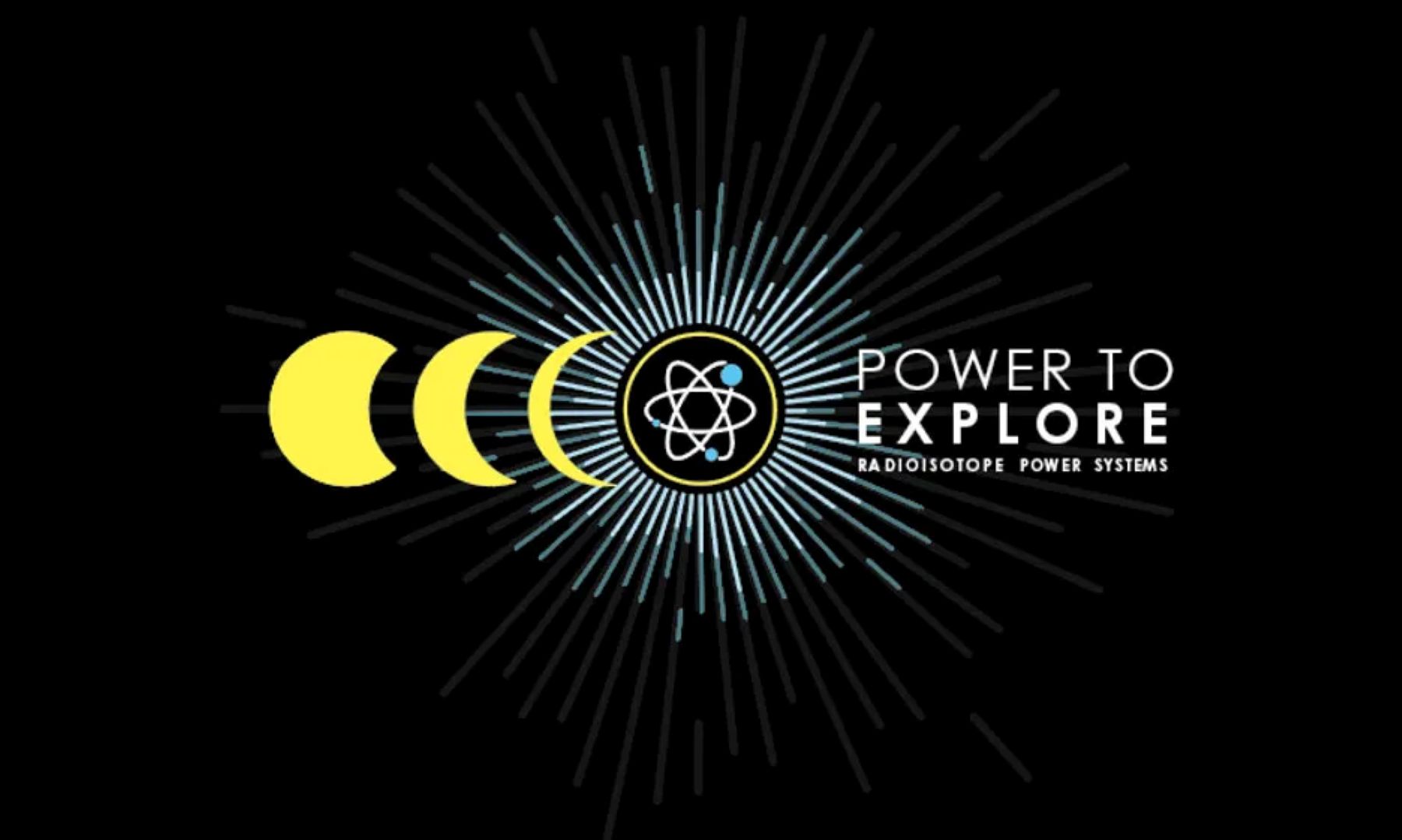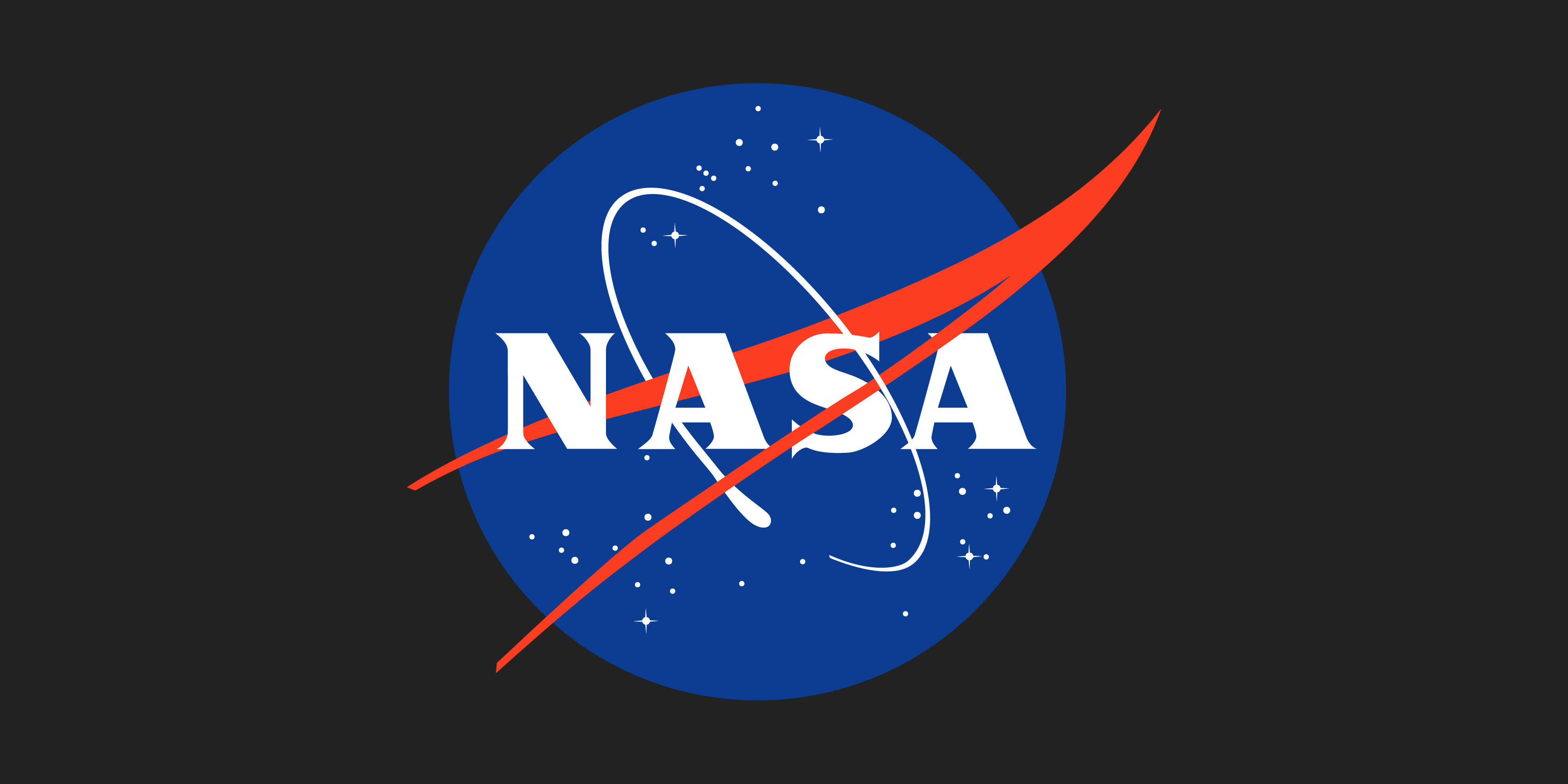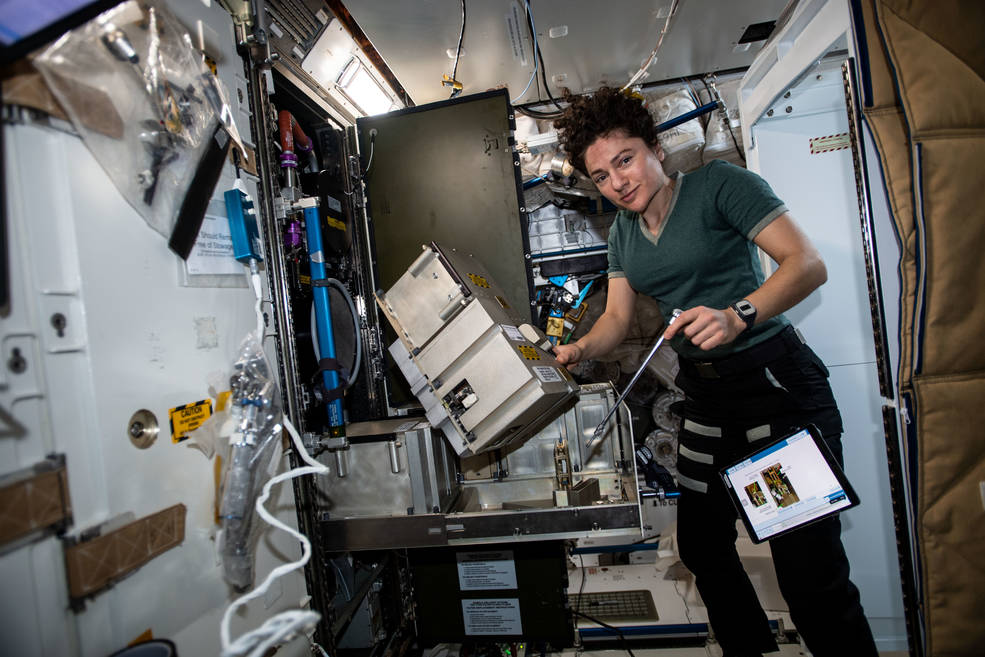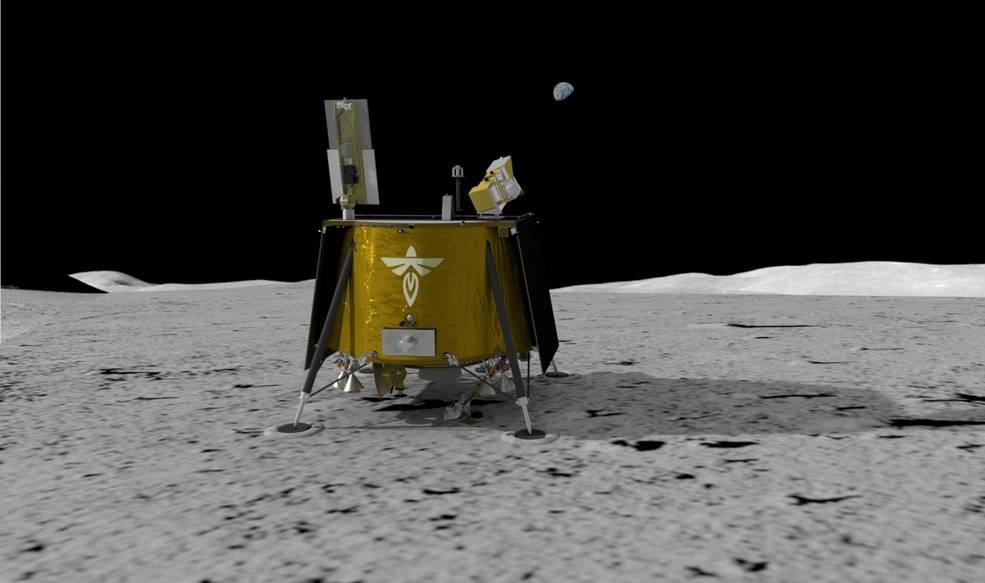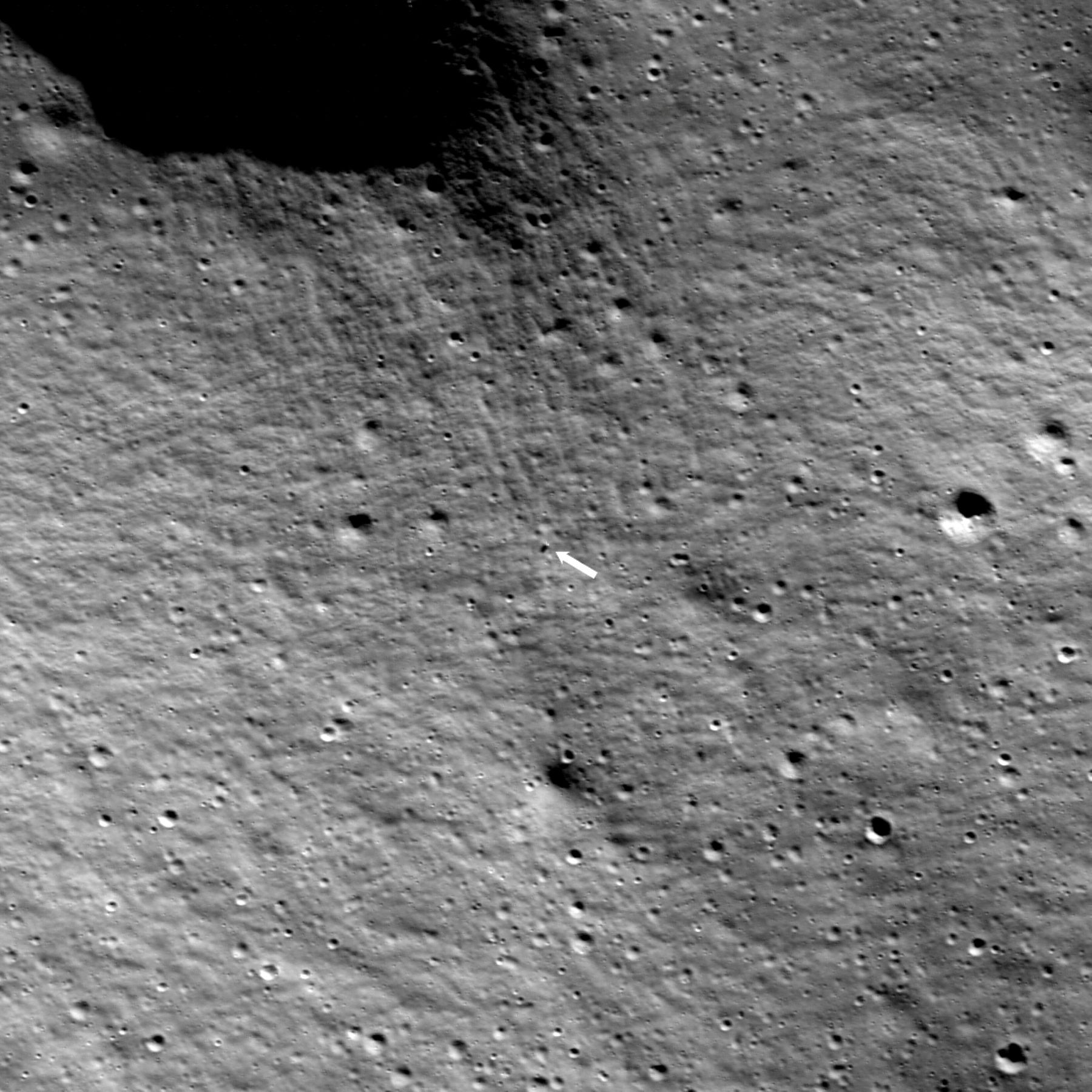Discovery Alert: A ‘Super-Earth’ in the Habitable Zone
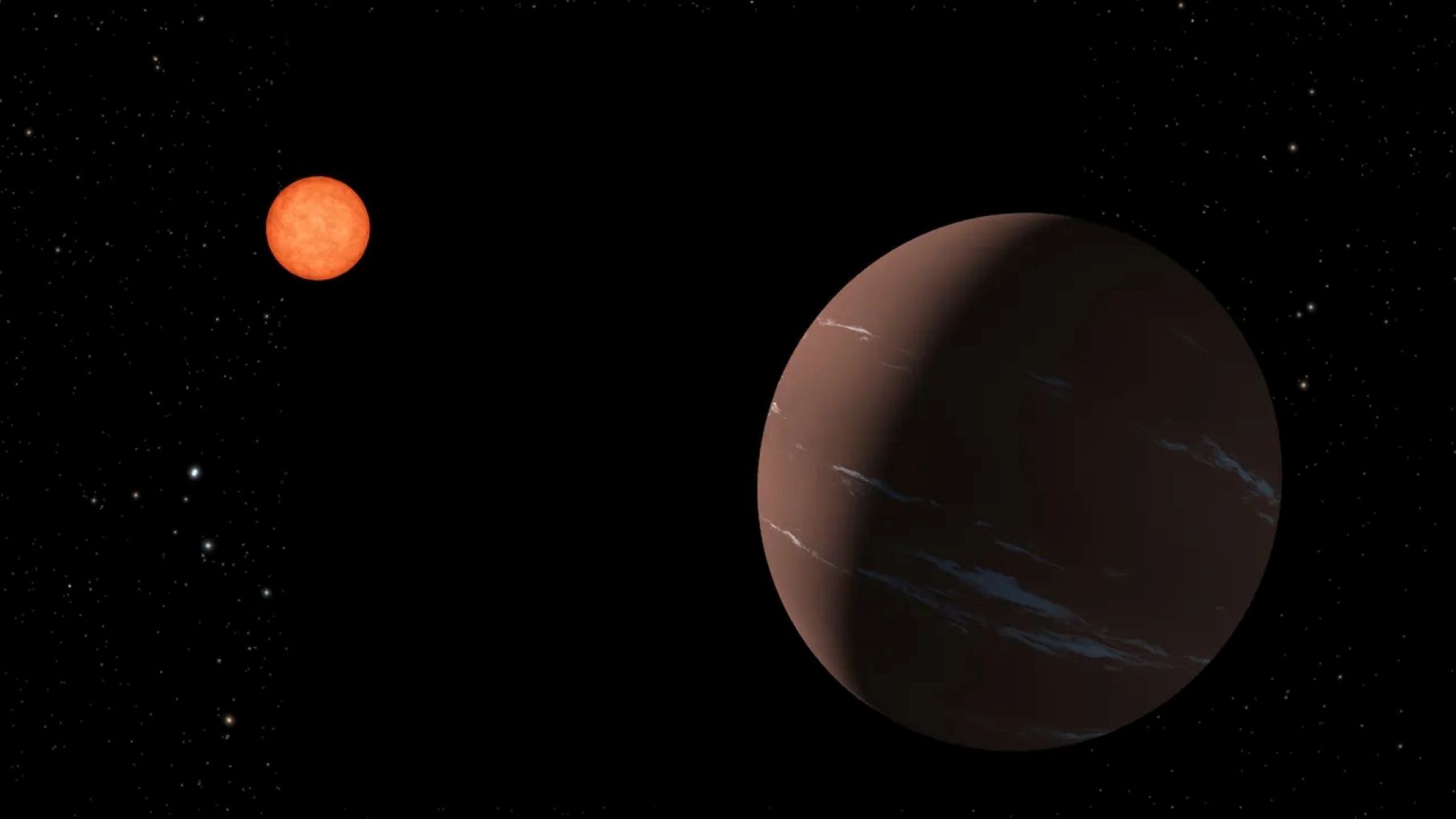
The discovery: A “super-Earth” ripe for further investigation orbits a small, reddish star that is, by astronomical standards, fairly close to us – only 137 light-years away. The same system also might harbor a second, Earth-sized planet.
Key facts: The bigger planet, dubbed TOI-715 b, is about one and a half times as wide as Earth, and orbits within the “conservative” habitable zone around its parent star. That’s the distance from the star that could give the planet the right temperature for liquid water to form on its surface. Several other factors would have to line up, of course, for surface water to be present, especially having a suitable atmosphere. But the conservative habitable zone – a narrower and potentially more robust definition than the broader “optimistic” habitable zone – puts it in prime position, at least by the rough measurements made so far. The smaller planet could be only slightly larger than Earth, and also might dwell just inside the conservative habitable zone.
The Planet That Shouldn’t Be There
Details: Astronomers are beginning to write a whole new chapter in our understanding of exoplanets – planets beyond our solar system. The newest spaceborne instruments, including those onboard NASA’s James Webb Space Telescope, are designed not just to detect these distant worlds, but to reveal some of their characteristics. That includes the composition of their atmospheres, which could offer clues to the possible presence of life.
The recently discovered super-Earth, TOI-715 b, might be making its appearance at just the right time. Its parent star is a red dwarf, smaller and cooler than our Sun; a number of such stars are known to host small, rocky worlds. At the moment, they’re the best bet for finding habitable planets. These planets make far closer orbits than those around stars like our Sun, but because red dwarfs are smaller and cooler, the planets can crowd closer and still be safely within the star’s habitable zone. The tighter orbits also mean those that cross the faces of their stars – that is, when viewed by our space telescopes – cross far more often. In the case of planet b, that’s once every 19 days, a “year” on this strange world. So these star-crossing (“transiting”) planets can be more easily detected and more frequently observed. That’s the case for TESS (the Transiting Exoplanet Survey Satellite), which found the new planet and has been adding to astronomers’ stockpile of habitable-zone exoplanets since its launch in 2018. Observing such transits for, say, an Earth-sized planet around a Sun-like star (and waiting for an Earth year, 365 days, to catch another transit) is beyond the capability of existing space telescopes.
Planet TOI-175 b joins the list of habitable-zone planets that could be more closely scrutinized by the Webb telescope, perhaps even for signs of an atmosphere. Much will depend on the planet’s other properties, including how massive it is and whether it can be classed as a “water world” – making its atmosphere, if present, more prominent and far less difficult to detect than that of a more massive, denser and drier world, likely to hold its lower-profile atmosphere closer to the surface.
Fun facts: If the possible second, Earth-sized planet in the system also is confirmed, it would become the smallest habitable-zone planet discovered by TESS so far. The discovery also exceeded early expectations for TESS by finding an Earth-sized world in the habitable zone.
The discoverers: An international team of scientists led by Georgina Dransfield of the University of Birmingham, United Kingdom, published a paper in January 2024 on their discovery, “A 1.55 R⊕ habitable-zone planet hosted by TOI-715, an M4 star near the ecliptic South Pole,” in the journal, “Monthly Notices of the Royal Astronomical Society.” An international array of facilities used to confirm the planet included Gemini-South, Las Cumbres Observatory telescopes, the ExTrA telescopes, the SPECULOOS network, and the TRAPPIST-south telescope.

